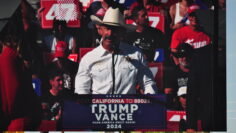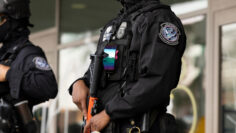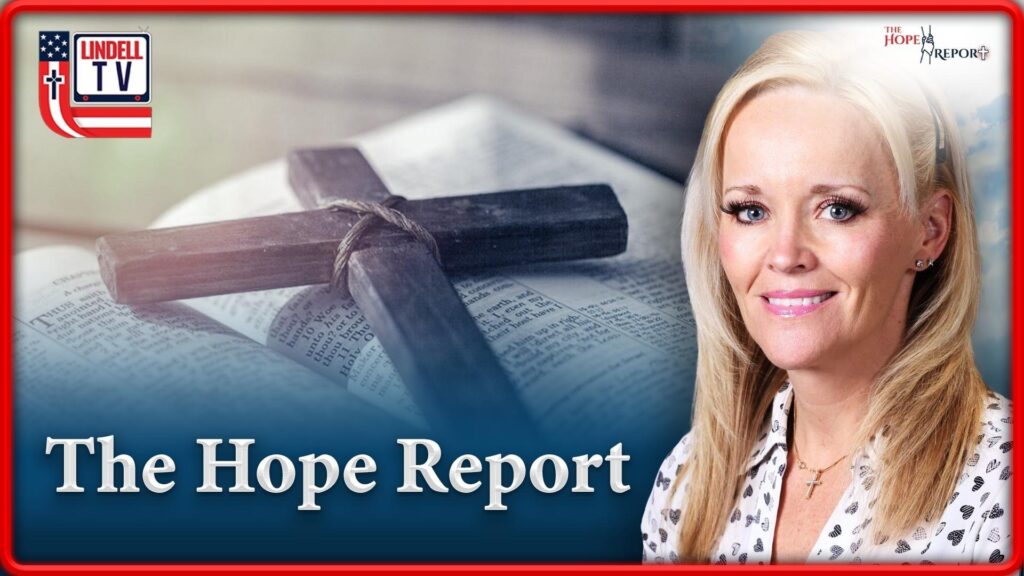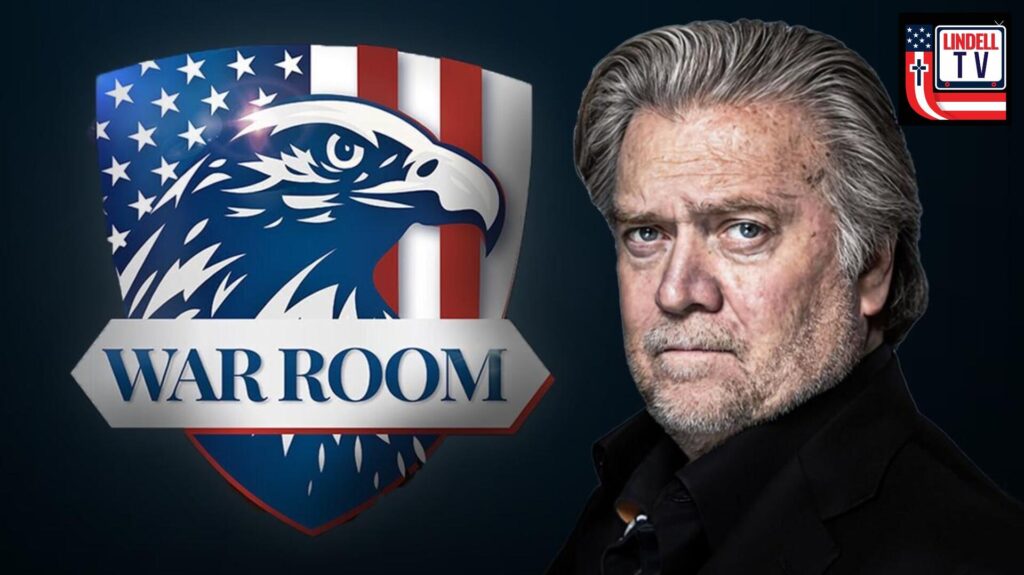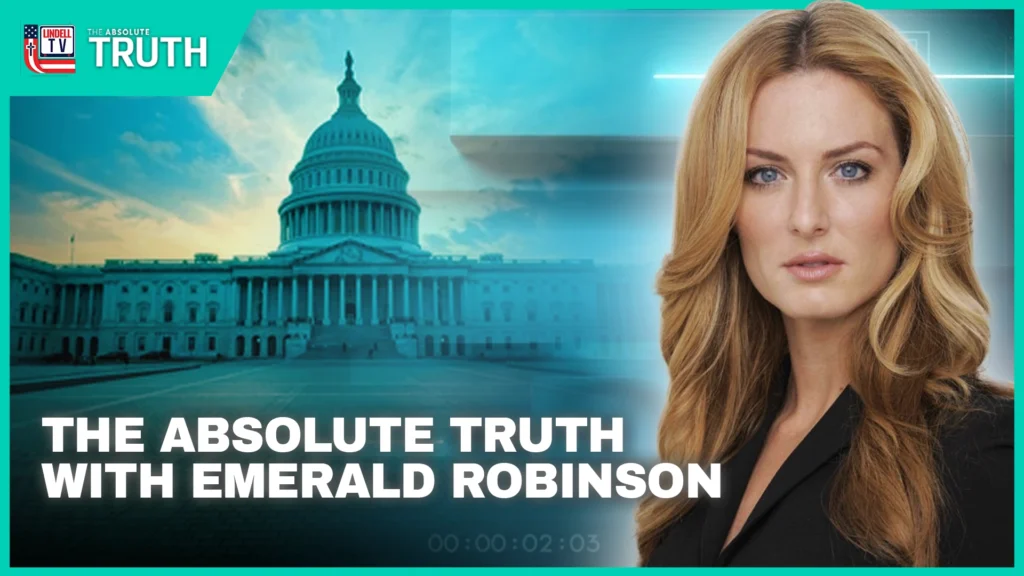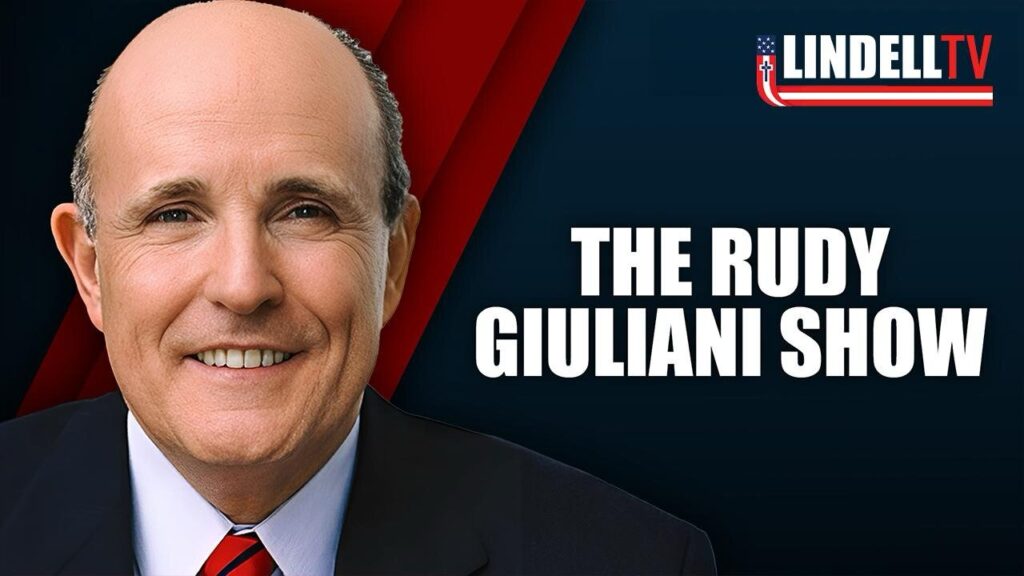
The Christian genocide in Nigeria must be stopped
By Easton Martin | November 4, 2025
This past week, President Donald Trump announced on Truth Social, “Christianity is facing an existential threat in Nigeria. Thousands of Christians are being killed.”
The media, having been largely ignorant of the genocide occurring in the country, reacted to the president’s statement with shock.
Some left-wing outlets have even revealed their ignorance by relying on Nigerian officials skilled in disinformation to dismiss the crisis as “complex.” While the situation may be complex, that does not make what is happening acceptable, nor does it erase the fact that Christians are being systematically slaughtered by groups such as Boko Haram.
Some Christians have also taken issue with the president’s language, particularly his remark that if the killing does not stop, the U.S. will come in “guns a blazin’” to address the problem. Many believers oppose U.S. involvement not for geopolitical reasons, but because they believe it would not be the “Christian” thing to do.
But what is the “Christian” thing to do? To answer that, we must look not to our feelings or to what seems nice or gentle, but to the sole infallible rule of our faith: the Bible.
In Romans 13, Paul instructs the Church in Rome regarding governing authority, saying, “For he is God’s servant for your good. But if you do wrong, be afraid, for he does not bear the sword in vain. For he is the servant of God, an avenger who carries out God’s wrath on the wrongdoer.”
Paul’s point is that government serves as God’s instrument of justice on the earth. If justice is one of its purposes, what higher calling could there be than defending fellow believers who are being persecuted? Scripture appears clear that it is permissible for government to act as God’s arm in bringing justice. What is less clear, however, is how government ought to go about carrying it out.
Yet even if one accepts that government has a God-given role in executing justice, the question remains: how can that justice be carried out in practice? The path from moral clarity to political action is not simple. Gaining authorization from the UN Security Council (UNSC) for military intervention, even in cases of mass atrocity or genocide, is extremely difficult. Each of the five permanent members (China, France, Russia, the United Kingdom, and the United States) holds veto power and can block a resolution regardless of the evidence or urgency. Many nations also resist intervention because it challenges the principle of state sovereignty, fearing that supporting one action could justify future interference in their own affairs. Geopolitical rivalries, such as opposition from Russia or China to a U.S.-led effort, often outweigh humanitarian concerns. While Scripture may affirm the moral legitimacy of justice, global politics rarely make it easy to achieve.
As a Christian, it is my hope that whether it be our government, or the government of Nigeria, that someone takes action to stop this horrific genocide against fellow members of Christ’s body.








